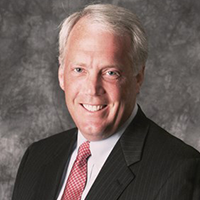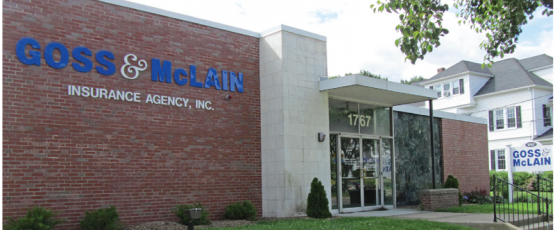
Written by David Tralka, originally published by Insurance Journal
Now that interest rates are rising again, it’s time to re-examine whether buying an insurance agency is the smart choice for growth or whether building an agency makes more sense.
While lots of factors come into play when agents want to start their own agency or an owner wants to expand, it generally comes down to three questions:
-
How much time do you have to grow your business?
-
How much sweat equity are you willing to put in?
-
What is your exit strategy when you’re ready to retire?
For nearly a decade, we had some of the lowest interest rates in modern history. Money was cheap, and it made sense to finance a merger or acquisition by borrowing. The cost of borrowing used to be around 5 percent (prime plus 1-2 percent), but as prime moves closer to its historical average of 7 percent, your borrowing costs could jump up to 9 percent.
How much time do you have to grow your business?
This leads me to my first point: How much time do you have to grow your business?
Assuming you’re not in a rush to acquire an agency or new book of business, organic growth may be your best bet.
Organic growth is the value you create when you invest in your own agency. Inorganic growth occurs when you purchase another agency or a book of business.
With inorganic growth, you earn a return on your investment, but you carry the expense of the capital to acquire it.
Organic growth has the best return because you’re not borrowing money and tying up your capital. As interest rates rise, organic growth becomes more attractive. Organic growth takes time and discipline.
You grow organically by investing in marketing and advertising, your producers and your staff. You also create value by watching your expenses and being smart in how you generate income. Agencies that are willing to invest back in the business will be more attractive to a buyer. Those are the agencies that will have more options to grow, increase value and transfer ownership.
Regardless of whether you grow organically or inorganically, you need to get your house in order.
Three factors to keep in mind are creating a top-notch team, updating your office management and CRM systems, and instituting financial controls.
Having a stable, reliable team makes all the difference in the world. This includes your top managers, producers and customer relationship team. You can’t grow if your producers aren’t producing.
You also can’t manage new accounts if you don’t have the infrastructure in place to meet your customers’ needs. Make sure you have the computer systems you need to automate and efficiently market to customers.
How much sweat equity are you willing to put in?
Cash flow is important, too. Do you have strong financial controls? How well are you managing expenses?
As you start to grow, there will be stress on your working capital.
Don’t underestimate the cost of growth and expansion, from the cost of new equipment and software to training and marketing. At the same time, have a plan for reinvesting in your agency.
Sometimes borrowing may be to your advantage. Rather than draining your working capital, you may wish to borrow to pay for the cost of bringing on a new producer or acquiring new office equipment.
Even fast-growing agencies may decide to borrow for some expenses such as buying a building versus leasing space.
What is your exit strategy when you’re ready to retire?
Finally, as agency principals approach retirement, they begin to consider ways to pass their firm on to the next generation, whether that’s family members, their partners or an outside buyer. These types of succession plans may involve borrowing.
Your exit strategy will be the single most important business decision you make, save the decision to start your agency to begin with.
If you’ve invested in your agency, you should have no problem selling it at an attractive price. But building your agency organically has many rewards and may make the most sense in a rising interest rate environment.
Next Steps
OIA offers products and services to help you answer the three questions above. Click the buttons below for more information:
| Agency Link | R.I.S.E. Report | Valuation Services | Perpetuation Services |
 About the author
About the author
David Tralka is the president and CEO of InsurBanc, a division of Connecticut Community Bank, N.A.
InsurBanc is a bank dedicated to helping the independent insurance agent remain independent. InsurBanc understands the value of your insurance business and offers creative lending solutions to meet the needs of agency entrepreneurs.






